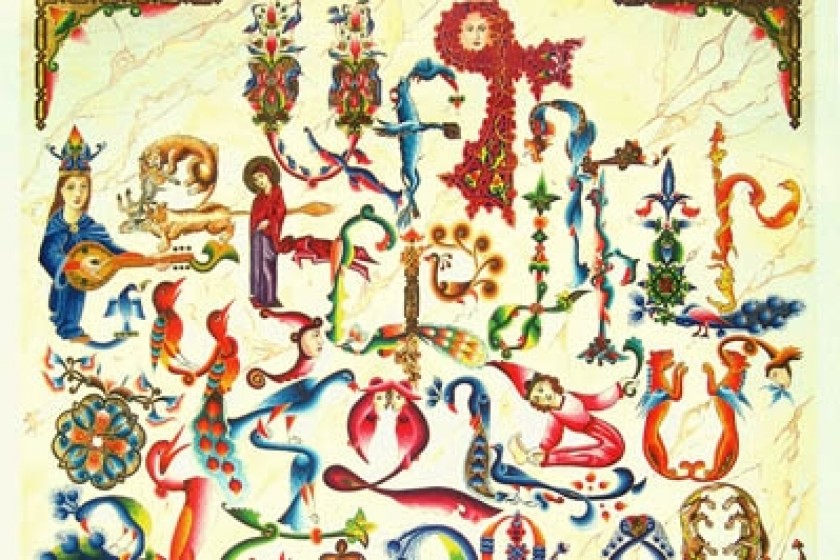
The Case for One Armenian Dialect
Among the few rifts that exist between people from the Armenian diaspora and citizens of the Republic of Armenia are the nuances of language.
There is an ongoing debate, although perhaps not well publicized, about which Armenian is “proper” — that which is taught and spoken throughout the diaspora, known as Western Armenian, or the Eastern Armenian dialect spoken by those born in the Armenian republic and elsewhere, like Iran. The notable differences between the two dialects, particularly in vernacular, are such that it can be quite difficult for Armenians from opposite sides of the world to understand one another.
Conversational Armenian spoken in the republic is often riddled with Russian words and phrases and also borrows some lexicon from Turkish as well as Farsi. Spoken Western Armenian, on the other hand, is often sprinkled with Arabic or Turkish expressions by those from the Middle East, while Armenians in the US may use English or Turkish words to name something, like food or clothing. Yet bring two people together, each speaking a different dialect, and you may find gaps in comprehension between them.
Unless pure, literary Armenian is spoken, which may not be the case between a tourist visiting Armenia and someone working in the service industry, the dialog could break down in frustration, with either side concluding that the other cannot speak properly. This phenomenon does exist, and rather than bringing Armenians together, it can have the opposite effect, pushing resentment and misunderstanding to the fore.
Read full article in Footprints
 Videos
Videos Photos
Photos
Comments (4)
Write a comment